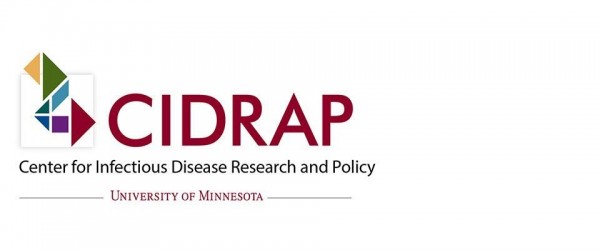
Editor's Note New research shows surgical patients in the US face a significantly greater risk of food insecurity than nonsurgical patients, even after adjusting for demographic and socioeconomic differences. Findings also point to potential underutilization of the Supplemental Nutritional Assistance Program (SNAP) benefits among surgical patients, study authors write. …

Editor's Note Influenza and RSV infections more than double the risk of secondary Streptococcus pneumoniae infection, while COVID-19 is associated with a significantly reduced risk, according to a June 2 news brief from the Center for Infectious Disease Research and Policy (CIDRAP). The findings stem from a retrospective study of…

Editor's Note Greater familiarity between surgeons and anesthesiologists was associated with reduced major morbidity in certain high-risk procedures, according to a Canadian retrospective cohort study published in JAMA Surgery. As detailed in a May 28 report from MedPage Today, the population-based analysis included more than 711,000 index procedures, finding an…

Editor's Note Research shows patients undergoing procedural sedation for endoscopic procedures experience significant and often undetected heat loss comparable to that seen during general anesthesia despite widespread assumptions that sedation preserves thermoregulation. Findings were published May 27 in The Journal of PeriAnesthesia Nursing. Conducted at a tertiary hospital in…

Editor's Note Researchers studying the exposure of sterile surgical slush to open air urge the adoption of closed-system technology to alleviate risks to sterility and surgical outcomes, according to a May 19 article in OR today. The article focuses on a time and motion study led by perioperative nursing leaders…
Editor's Note Amid a lack of focus and lack of resources on perioperative mental health, alleviating patient anxiety and preventing poor surgical outcomes requires creative solutions. This is the central argument of a May 12 commentary in The Conversation by Renée El-Gabalawy, a clinical psychologist and associate professor at the…

Editor's Note Patients taking SGLT2 inhibitors face a higher risk of postoperative euglycemic ketoacidosis (eKA) but experience fewer acute kidney injuries and deaths after surgery, according to an April 30 article in Medical Xpress. The article focuses on new research published in JAMA Surgery. Led by researchers at the University…

Editor's Note Surgical staff support for OR temperature management is not always paired with the knowledge required to properly prevent perioperative hypothermia, according to an April 30 study in Nature: Scientific Reports. This multicenter, cross-sectional study surveyed 213 operating room professionals—surgeons, anesthesiologists, and nurses—across eight hospitals in northern China. The…

Editor's Note Short-staffed hospital wards face higher patient mortality, readmissions, and lengthier stays—especially when they rely on temporary staff instead of permanent registered nurses, according to research published in BMJ Quality & Safety. As detailed in a summary from Medscape News UK, the large-scale, longitudinal observational study was led by…

Editor's Note Research published in Nature reveals that DNA damage caused by colibactin-producing gut bacteria is far more prevalent in younger patients with colorectal cancer, NBC News reports, suggesting a key factor behind the disturbing rise in cases among people under 40. According to the April 23 article, researchers from…